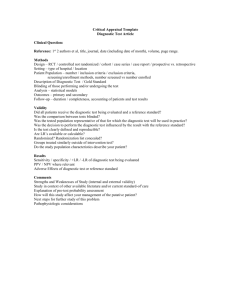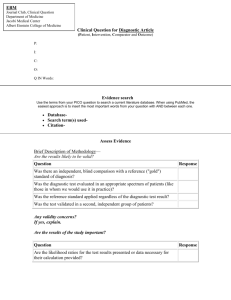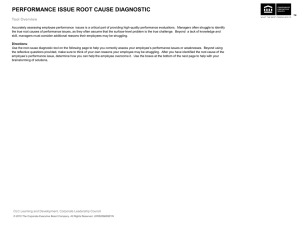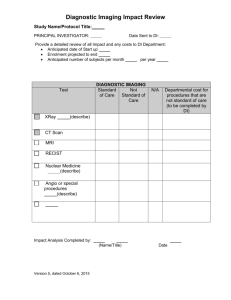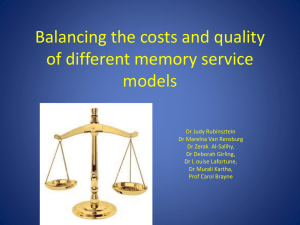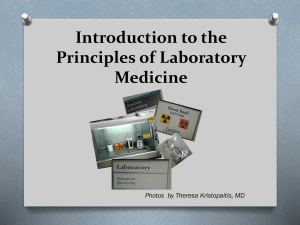evidence-based clinical practice workshop - Cochrane Hepato
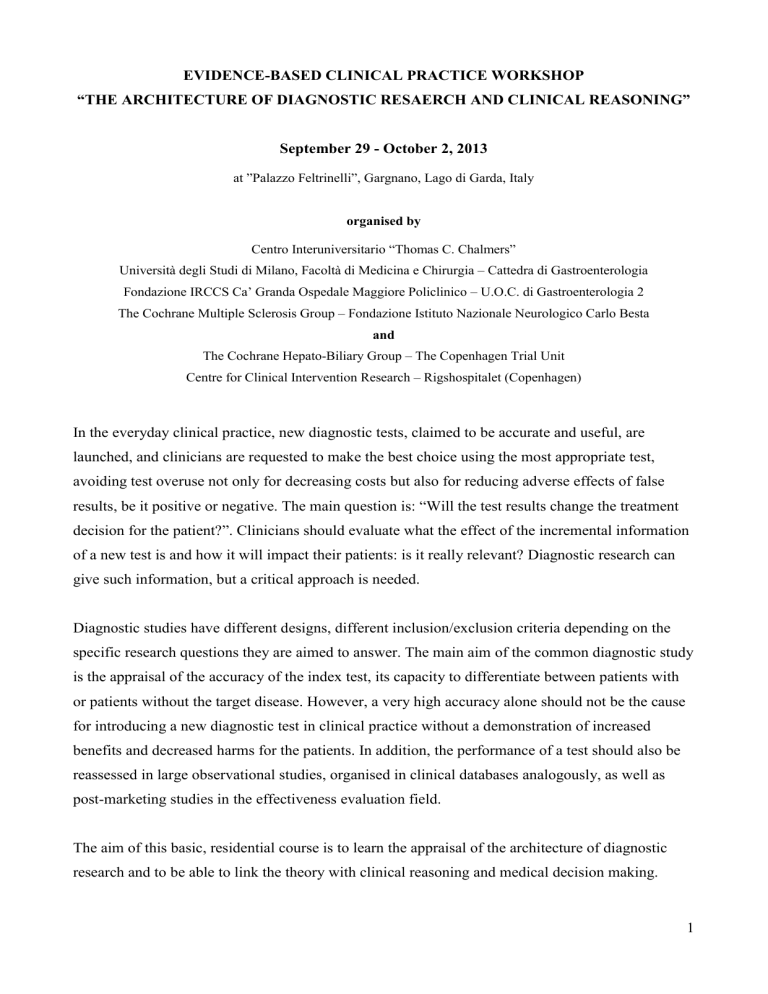
EVIDENCE-BASED CLINICAL PRACTICE WORKSHOP
“THE ARCHITECTURE OF DIAGNOSTIC RESAERCH AND CLINICAL REASONING”
September 29 - October 2, 2013 at ”Palazzo Feltrinelli”, Gargnano, Lago di Garda, Italy organised by
Centro Interuniversitario “Thomas C. Chalmers”
Università degli Studi di Milano, Facoltà di Medicina e Chirurgia – Cattedra di Gastroenterologia
Fondazione IRCCS Ca’ Granda Ospedale Maggiore Policlinico – U.O.C. di Gastroenterologia 2
The Cochrane Multiple Sclerosis Group – Fondazione Istituto Nazionale Neurologico Carlo Besta and
The Cochrane Hepato-Biliary Group – The Copenhagen Trial Unit
Centre for Clinical Intervention Research – Rigshospitalet (Copenhagen)
In the everyday clinical practice, new diagnostic tests, claimed to be accurate and useful, are launched, and clinicians are requested to make the best choice using the most appropriate test, avoiding test overuse not only for decreasing costs but also for reducing adverse effects of false results, be it positive or negative. The main question is: “Will the test results change the treatment decision for the patient?”. Clinicians should evaluate what the effect of the incremental information of a new test is and how it will impact their patients: is it really relevant? Diagnostic research can give such information, but a critical approach is needed.
Diagnostic studies have different designs, different inclusion/exclusion criteria depending on the specific research questions they are aimed to answer. The main aim of the common diagnostic study is the appraisal of the accuracy of the index test, its capacity to differentiate between patients with or patients without the target disease. However, a very high accuracy alone should not be the cause for introducing a new diagnostic test in clinical practice without a demonstration of increased benefits and decreased harms for the patients. In addition, the performance of a test should also be reassessed in large observational studies, organised in clinical databases analogously, as well as post-marketing studies in the effectiveness evaluation field.
The aim of this basic, residential course is to learn the appraisal of the architecture of diagnostic research and to be able to link the theory with clinical reasoning and medical decision making.
1
Participants should be able to recognize the different phases of diagnostic study architecture, the appropriate methodology, and the corresponding research questions they are aimed to answer.
While phase 0 studies are pre-clinical and are devoted to the technical development and appraisal of the test, phase 1 studies aim to determine the normal range of values in healthy people. Phase II studies should be considered in four different subgroups or phases. The first two phases, IIa and IIb, compare test results in affected patients with the results obtained in “reference” individuals. Phase
IIc studies are the most important ones from the practical point of view. They assess the diagnostic accuracy of the test under evaluation, and, in particular, if their results are able to distinguish patients with and patients without the target disease by analyzing a clinically relevant population.
We will focus on these three study phases in separate, using practical examples. On the last day, we will work with phase II d studies, and due to time constrains, we will make a short presentation on phase III and phase IV studies. (Phase IId, phase III, and phase IV studies will be presented in depth at an advanced course in 2013.) Phase II d studies, also referred to as 'diagnostic exploratory' trials, are conducted on patients suspected to be diseased in order to assess any immediate downstream consequence of testing and offering treatment based on the test result. These studies compare the new diagnostic therapeutic strategy, incorporating the index test with the current best diagnostic strategy, randomising patients and considering relevant outcomes as outcomes. Different study designs to answer these questions will be analyzed. The randomised clinical trial is the most appropriate design to answer these questions. We will analyse and discuss methodological problems such as definitions regarding outcomes, efficacy measures, and sample size.
Phase III and phase IV studies aim to assess the efficacy of a new diagnostic test. During the morning sessions, theoretical and interactive lectures will be held including examples from published studies (in the field of liver fibrosis, primary spontaneous peritonitis, hepatocellular carcinoma, ageing dementia) and focusing the participants’ attention on major issues inherent to methodology, including assessment of study quality with particular emphasis on biases and the use of checklists.
During the afternoon sessions, there will be break -out sessions, with a supervisor working with each small group on study examples, followed by feedback and lessons learned.
All major critical topics will be reappraised directly by the participants working in small groups, using literature materials, and each group reporting its conclusions in a plenary discussion.
Concluding remarks and take home messages, relevant from the clinical practice point of view, will be finally proposed and discussed with the Faculty.
2


